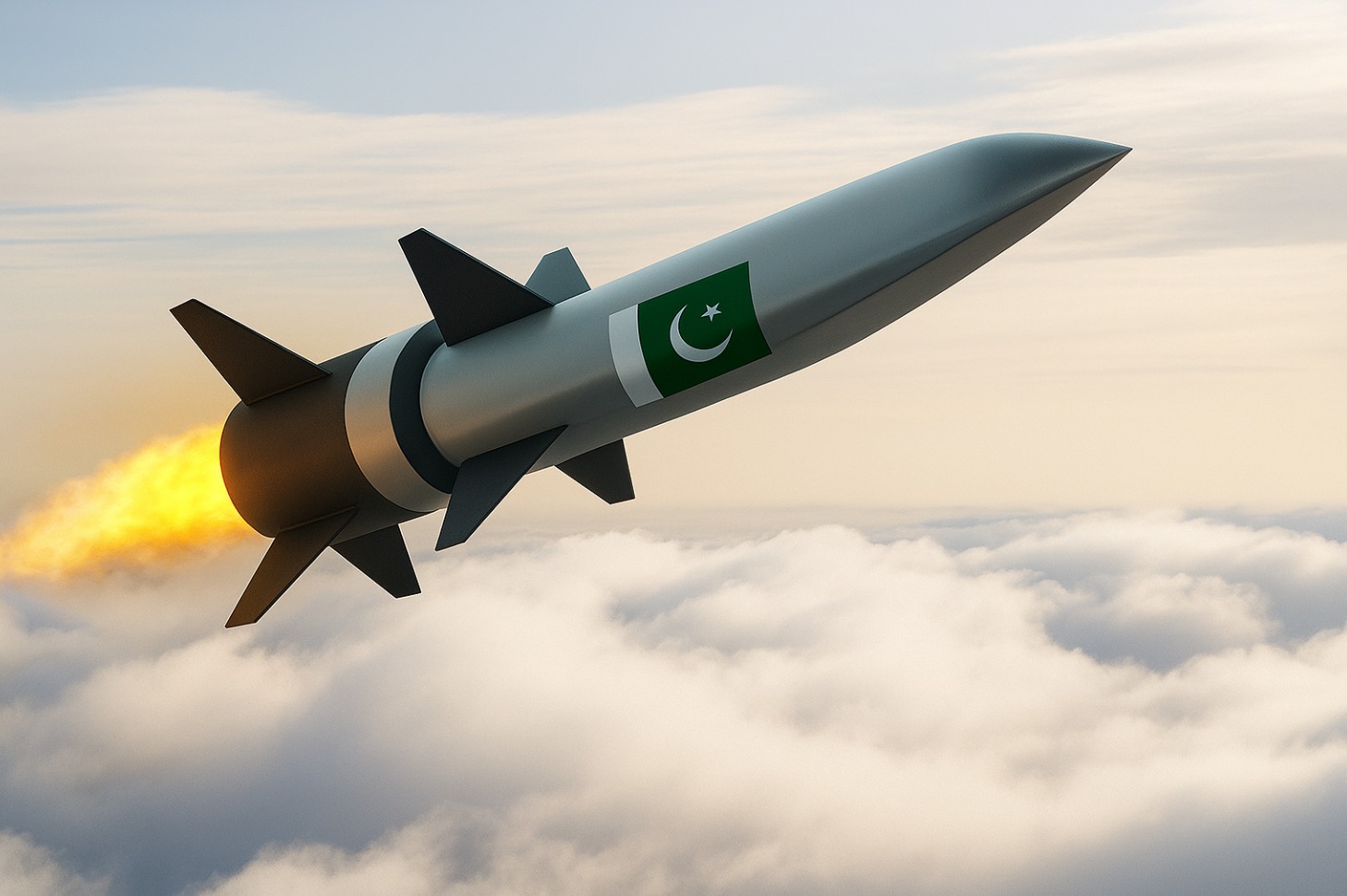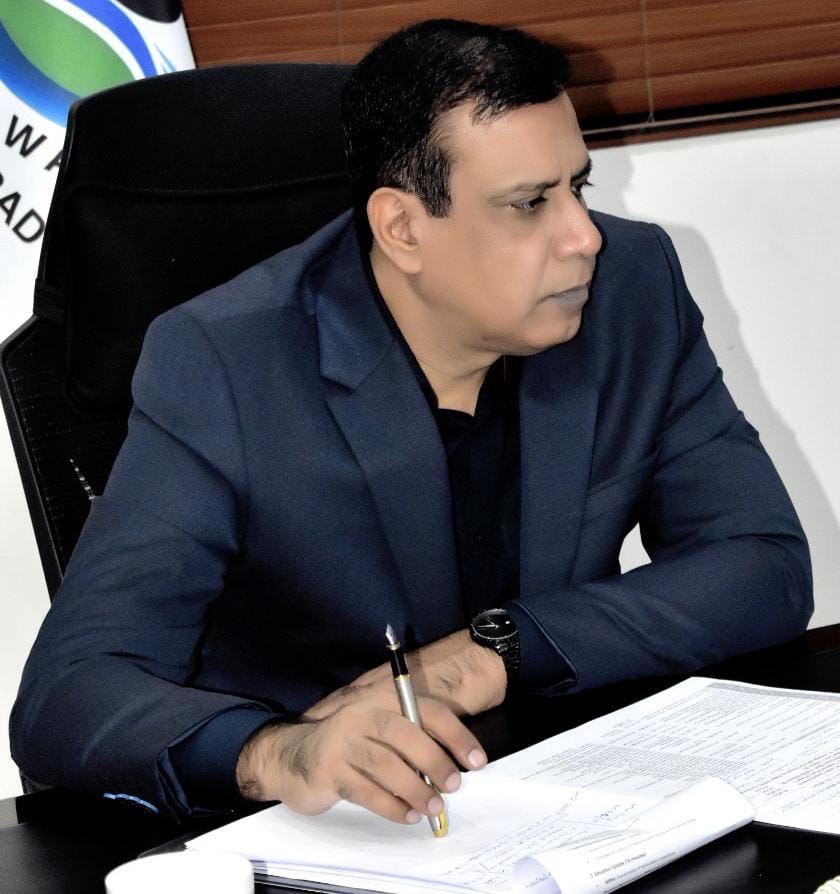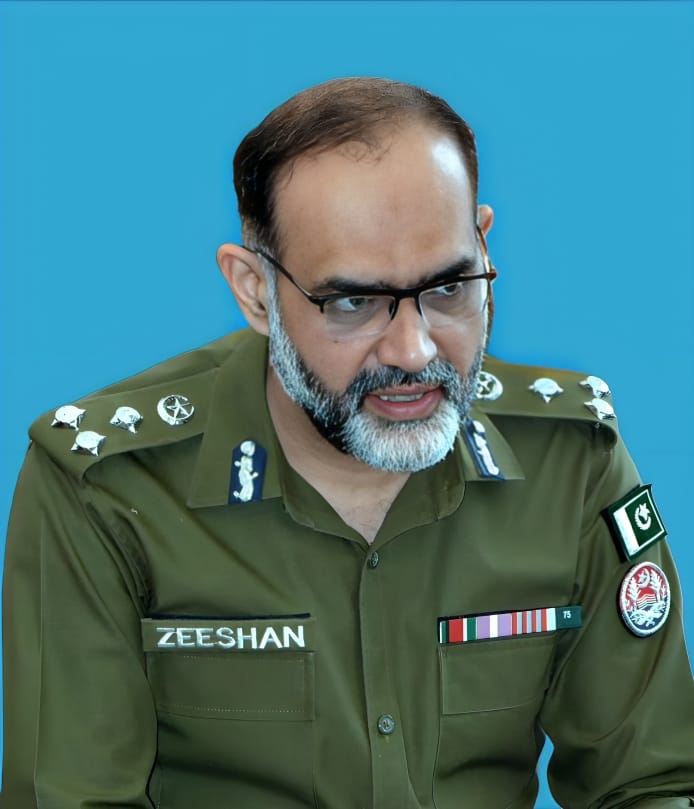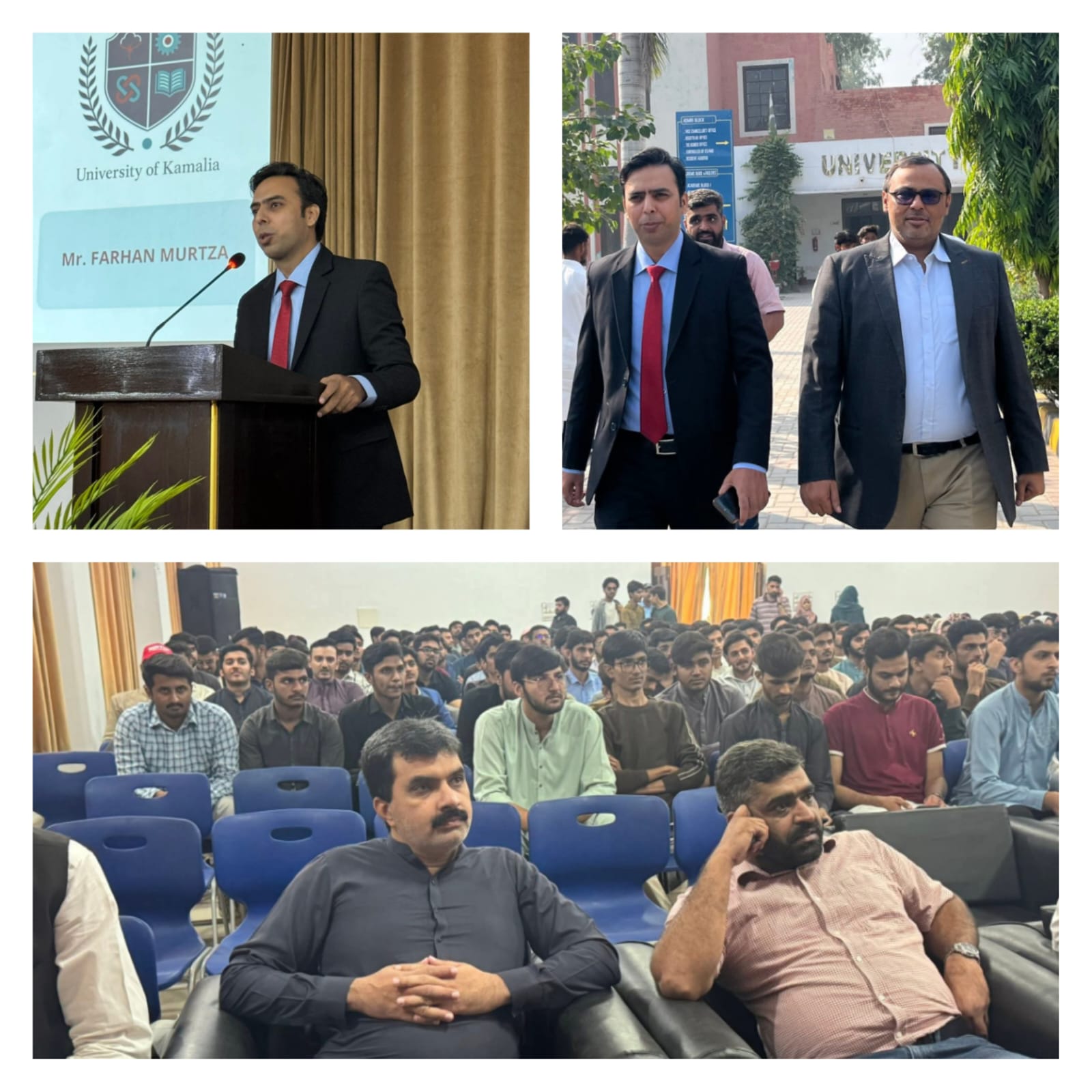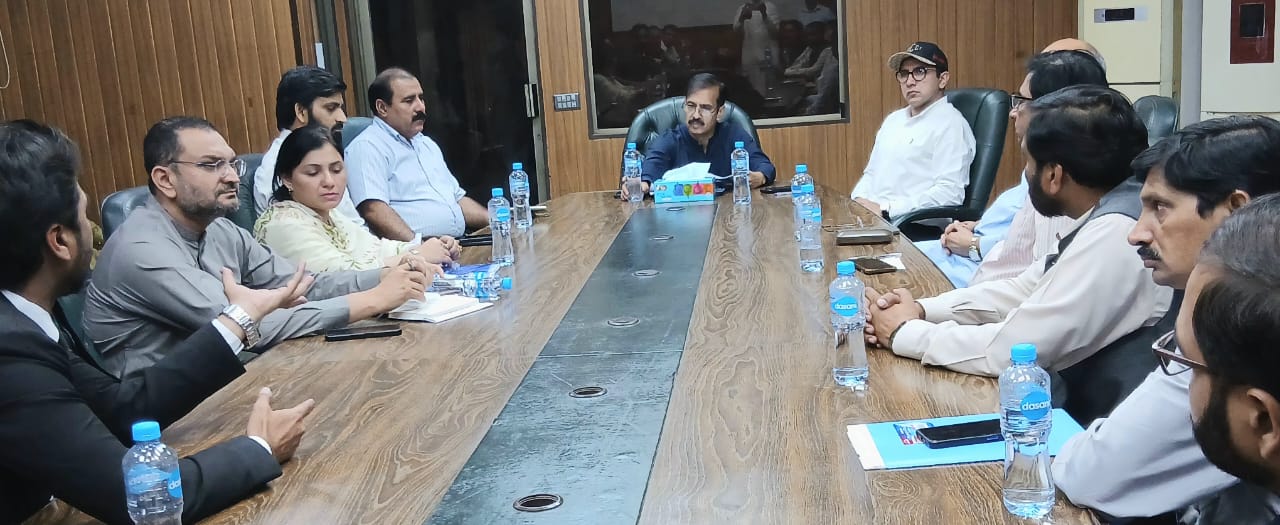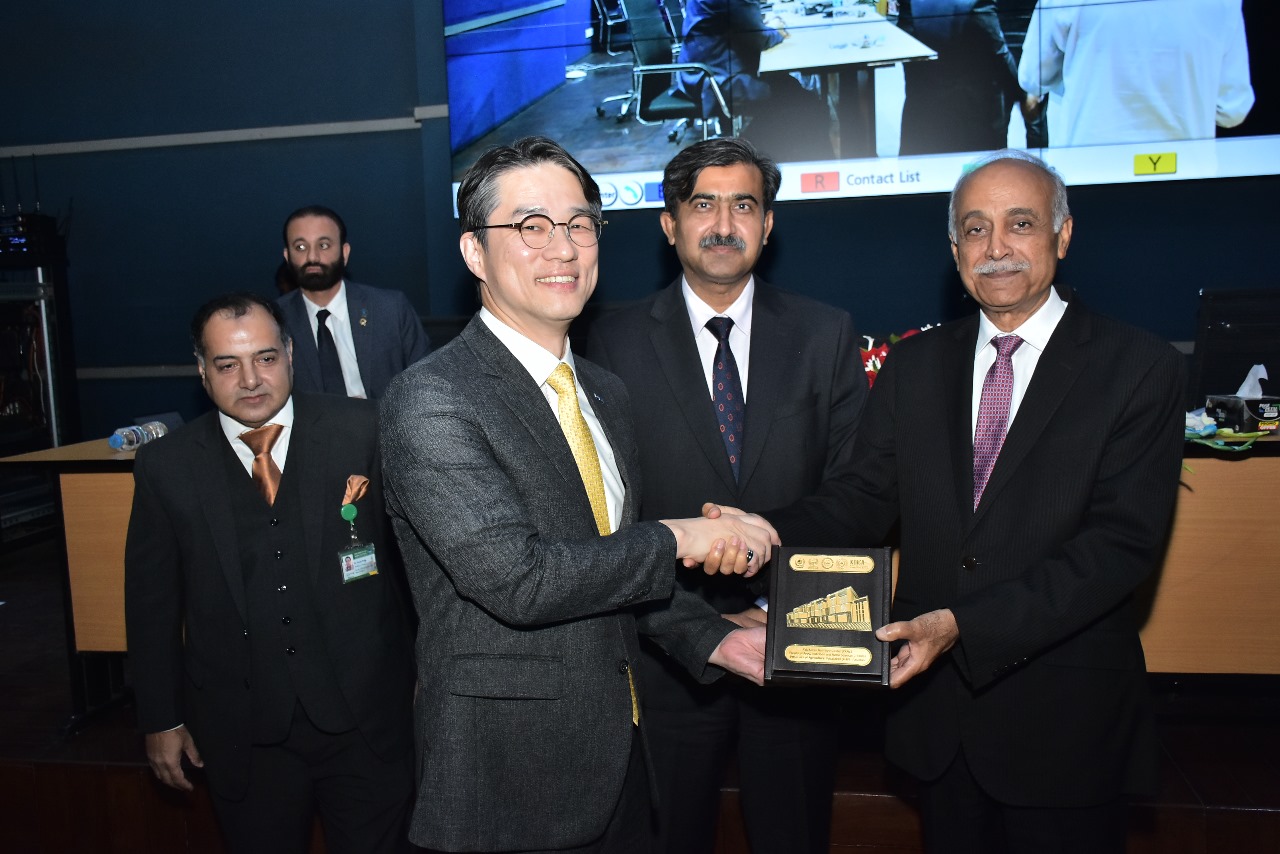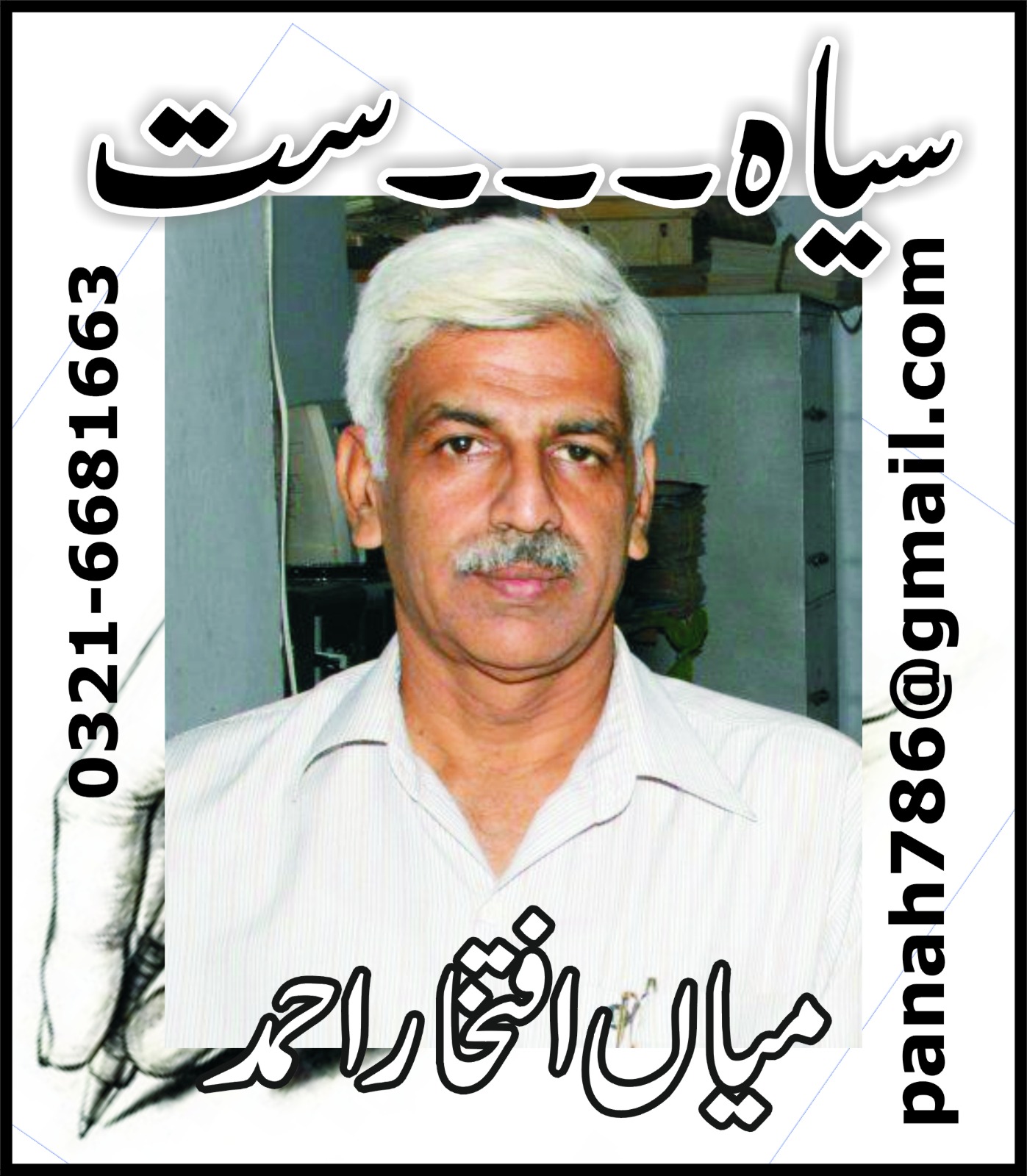
(By: Mian Iftikhar Ahmad)
When I wrote my first column “Disappearing Newspaper Stalls, Fading Hawkers’ Voices – What is the Future of Print Media in Pakistan?” there was a small flicker of hope inside me that perhaps it would spark a discussion, maybe it would compel media owners and editors to think about where we are heading. But that voice was never heard. I then wrote my second column “The Elegy of Print Media – Dimming Lamps, Fading Voices, and a Lonely Cry” hoping to rekindle the light of awareness in hearts grown indifferent to the slow death of journalism. My first column had focused on the real issues facing Pakistan’s newspaper industry – our internal weaknesses, the decay in journalistic integrity, and the possible solutions that could have led to revival through collective introspection and reform. I had argued that for print media to survive, it must redefine its direction, its identity, and its bond with readers. It is no longer the speed of news that matters, but the credibility of truth; not just headlines, but insight and depth. Sadly, in a society where the heart no longer beats for journalism, words too begin to lose their pulse.
With that belief, I created a group called “Newspaper and Our Future,” inviting journalists, editors, and media thinkers to join hands, talk, and search for solutionas. But three days passed in silence. No one spoke, no one shared an idea. A few friends who read my earlier columns wrote in the group comparing local and international media, suggesting that perhaps we should study how others survived similar crises. I took their advice seriously. I reached out to friends associated with media organizations in Europe, the U.S., and the U.K., gathered their insights, and combined them with my own research to write a third column – “The Crisis of Pakistani, Indian, and International Print Media – Two Different Worlds, One Common Struggle.”
In that column, I analyzed how global media also faced a tremendous crisis but emerged stronger through adaptation, innovation, and a commitment to journalistic values. Around the world, print media is still undergoing a silent but intense transformation. Yet the nature of the crisis in Pakistan and India is entirely different from that in the West. In South Asia, newspapers have been crippled by economic and technological pressures – the explosion of the internet, declining readership, rising paper costs, and a steep fall in advertising revenue. Meanwhile, in the West, the main battle is for truth and trust – not survival, but credibility. In Europe, America, and Japan, print organizations successfully transitioned to digital and subscription-based models without losing their identity. In contrast, this transformation in Pakistan and India remains fragile, unplanned, and inconsistent.
Even after that analysis, silence persisted. That is when I wrote my fourth column, “Revival of Print Media – A Lonely Voice, a Living Hope.” I wanted to show that this cause is not just about saving newspapers but about preserving the nation’s intellectual soul. Through my columns, I have tried to demonstrate how international media reinvented itself, how India managed to protect its print legacy through innovation and planning, and how Pakistan continued to sink in confusion and complacency. I created spaces for discussion, invited media owners, publishers, editors, and reporters to contribute ideas – but those who had the power to decide remained silent. The ones who spoke were those who had no resources; those who cared had no influence. And thus, my voice echoed in a void of indifference.
Yet, I am not among those who lose hope easily. I believe print media can still stand again – but only if media owners wake up from their long slumber. It is time they stop thinking of newspapers merely as business ventures and start seeing them as institutions of national responsibility. A newspaper is not a commodity to sell; it is a voice that shapes nations, an archive of truth that future generations will depend upon. Owners must realize that their survival depends not on advertisements but on credibility. They must transform their organizations into platforms of thought, dialogue, and investigation.
The revival of print media cannot be achieved by one person, one group, or one column – it demands collective awareness and action. We need to bring back the spirit of journalism – the hawkers’ early morning calls, the rustle of fresh newspapers, and the trust between the reader and the printed word. We must remind the public that a newspaper is not just ink on paper; it is the conscience of a nation, the mirror of its truth, and the guardian of its democracy.
To achieve this, newspapers must adopt hybrid models – strengthening their digital presence while preserving the analytical and investigative depth that print can uniquely offer. The future belongs to those who can balance innovation with integrity. Digital expansion is essential, but it must serve journalism, not destroy it. Print must reclaim its power to interpret, to analyze, and to inspire reflection.
Saving print media, in truth, means saving Pakistan’s intellectual and moral identity. When a newspaper dies, it is not merely a business that collapses – a thought dies, a voice fades, and a dialogue ends. Therefore, we must raise our voices again – even if alone – for perhaps someone will wake up, someone will listen, someone will pick up the pen again with ink of hope and courage. The revival of Pakistan’s print media will not just revive an industry; it will revive a nation’s conscience, restore public trust, and reawaken the forgotten value of truth in our collective life.
This is not a call of despair but of determination. A lonely voice may not change the system overnight, but silence will surely bury it forever. The choice is ours – to remain silent and watch our words fade into history, or to speak, to write, and to believe once more that journalism – real journalism – can still breathe life into a sleeping nation.

